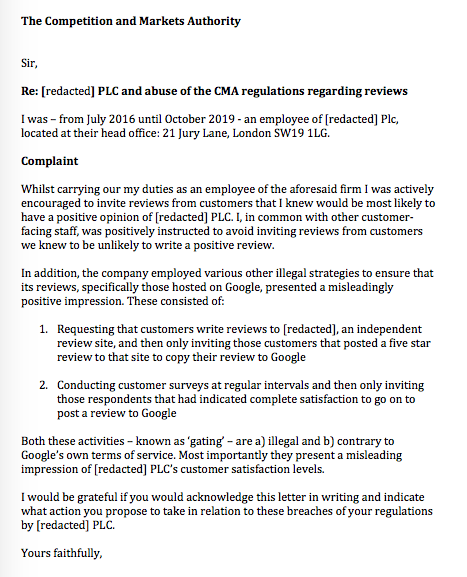Now, at HelpHound we are as aware as anyone that there are multiple factors that will have led to these results in what every commentator agrees has been a torrid time for estate agency. But we reiterate the question posed at the top of this article: 'did HelpHound make a difference?'
Before we attempt to provide even the vaguest answer to this question please take a look at any of our Winkworth members. Here's just one...
In specific Google search ('Winkworth Blackheath')...
That star rating at top left is derived directly from the reviews on Winkworth's own website, not Google as so many assume (as is the score and number of reviews). It's the same for 'Reviews from the web'.
In Google local search ('estate agent Blackheath')...
We'll never know how much Google's algorithm likes business's that host their own reviews on their website, but Winkworth appears to be doing something - actually an awful lot - right: leading the 3-pack and leading natural search (with the score and reviews and stars showing as above).
On their own website (crucial for those that don't arrive there via Google - through Rightmove, for example)...
Is this impressive? A hundred and forty people prepared to say 'use Winkworth Blackheath'?
When combined with the actual reviews...
...well, at least three people thought so - see the 'helpful' votes below the review - all garnered within a week of publication.
In summary
If your attitude is...
- our customers all ignore Google reviews
- our customers all ignore Google scores
- our customers all ignore our competitors' Google reviews, scores and rankings
- we don't care where we feature in organic search
- we don't care where we feature in local search
- we don't care what our Google rich snippets look like
- we cannot be bothered to host reviews on our website*
...then you probably won't have read this far! So pick up the phone now and you will be well on the way to looking like Winkworth.
*occasionally we meet a potential client that assumes that we are offering some way of filtering negatives otherwise 'how can our clients look so good?'. They could not be more wrong. The CMA regulations expressly forbid 'cherry-picking' (selecting customers to write reviews) and filtering of any kind. Despite this, almost every business we meet is doing exactly that. For a simple guide to the regulations - and how to comply with them, read this.
Oh! - and while we're on the subject of the impact of 'looking so good' see these results, Google's numbers never lie.












































